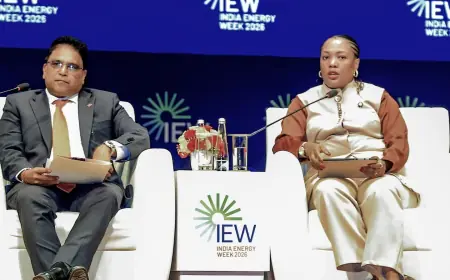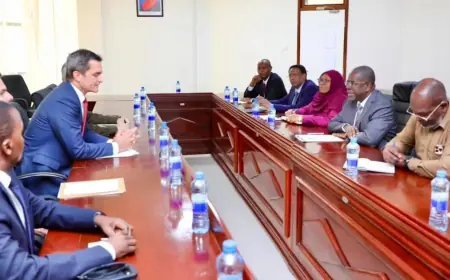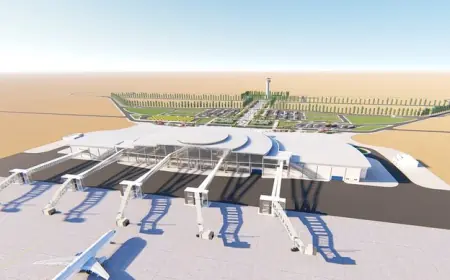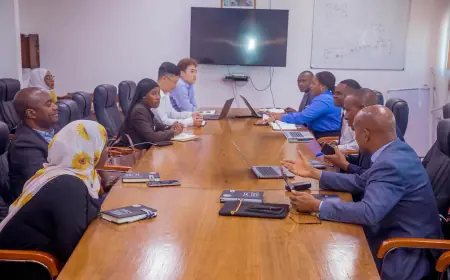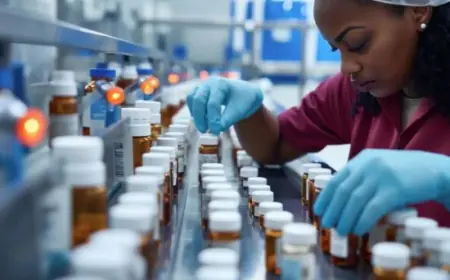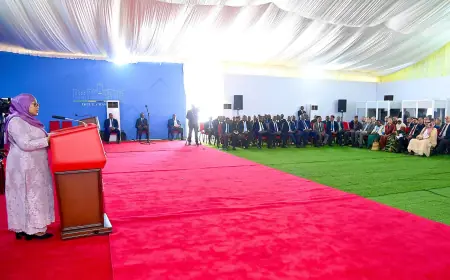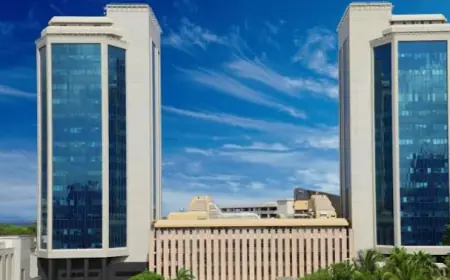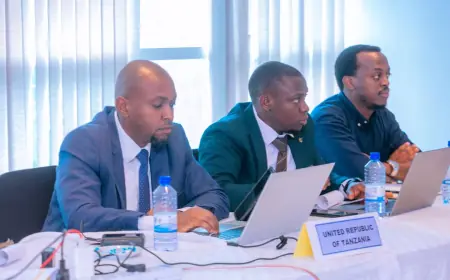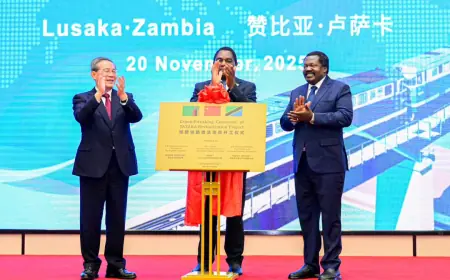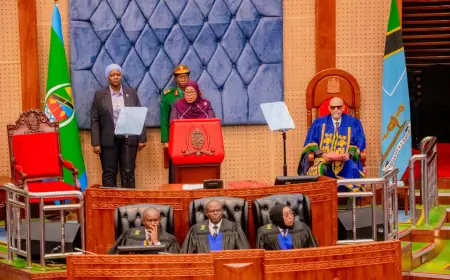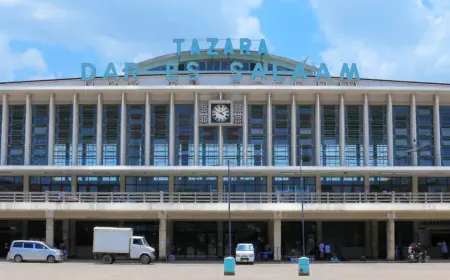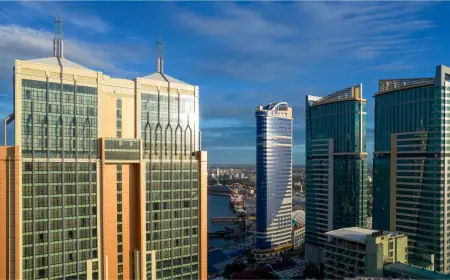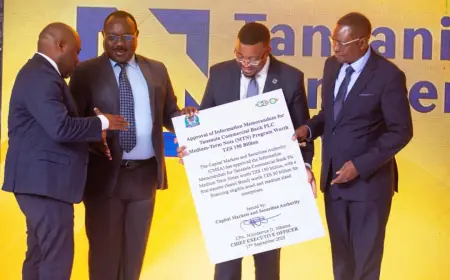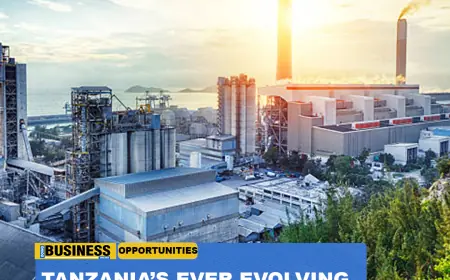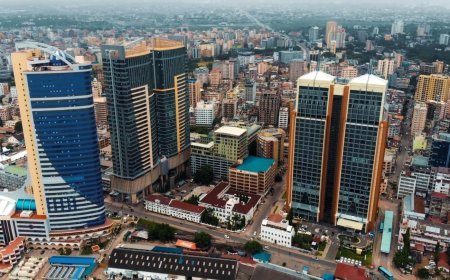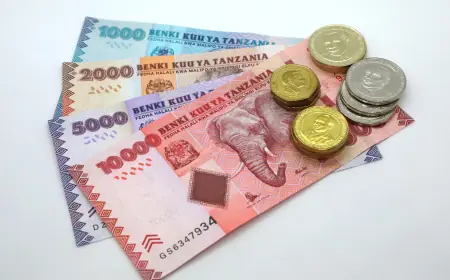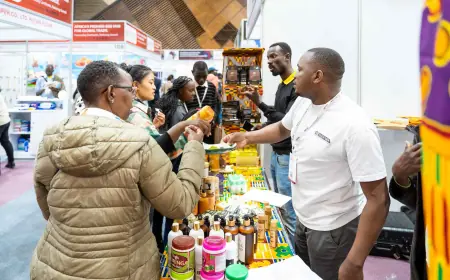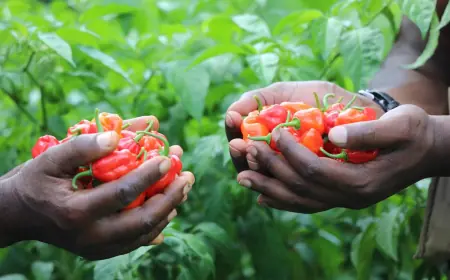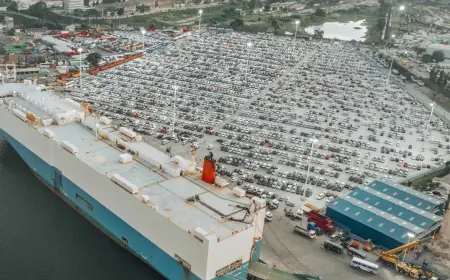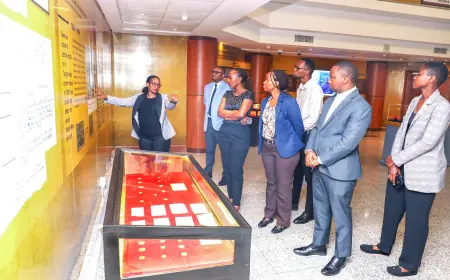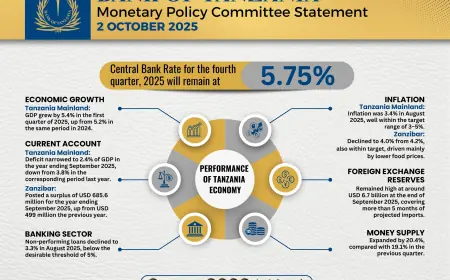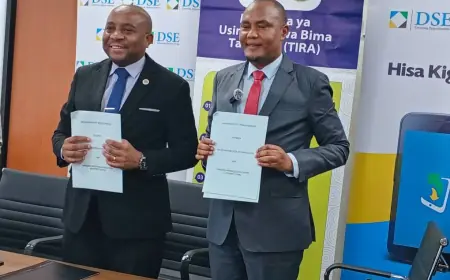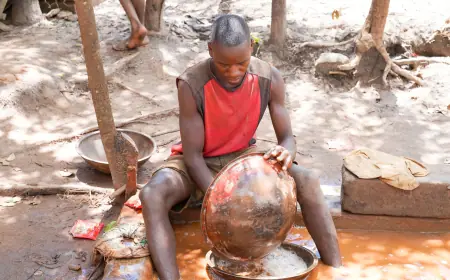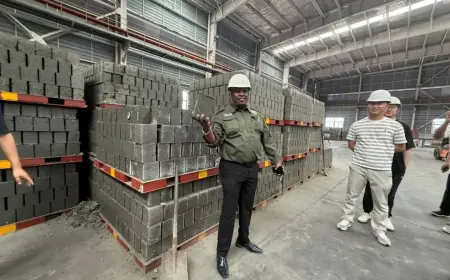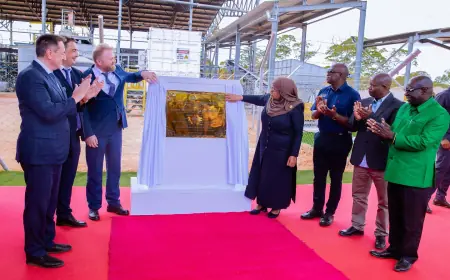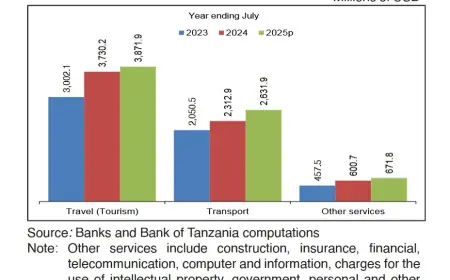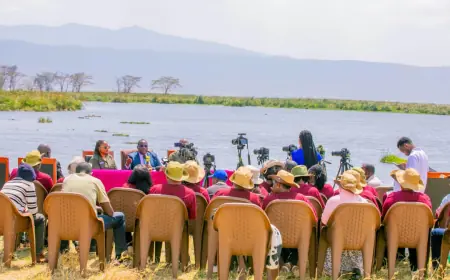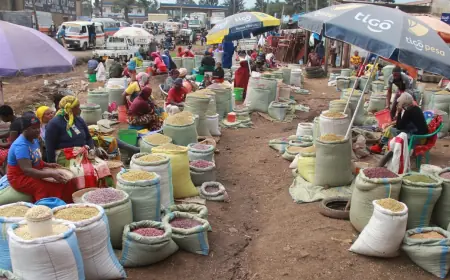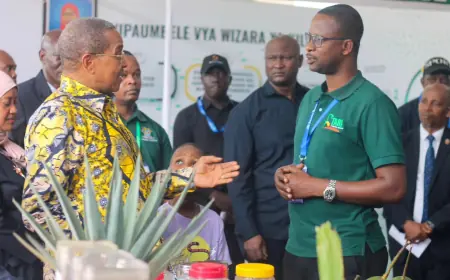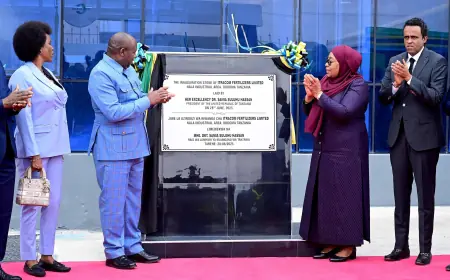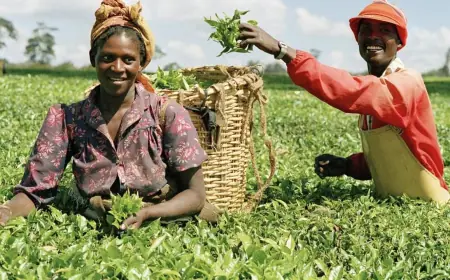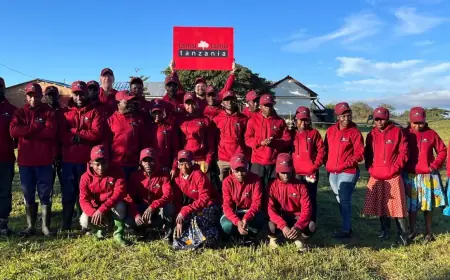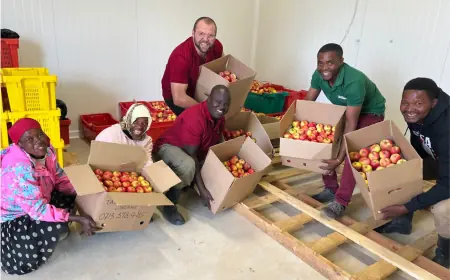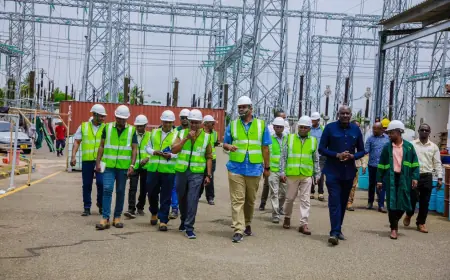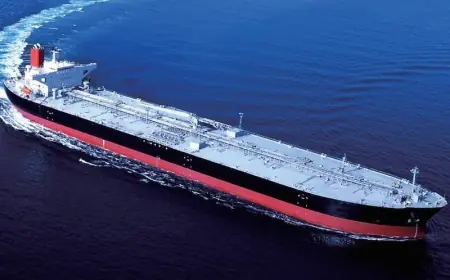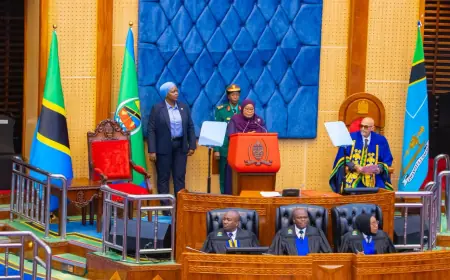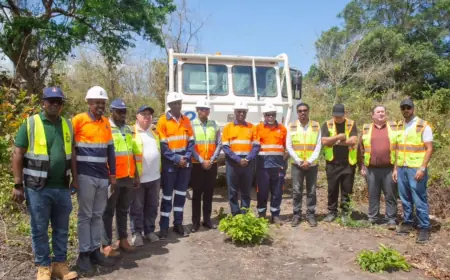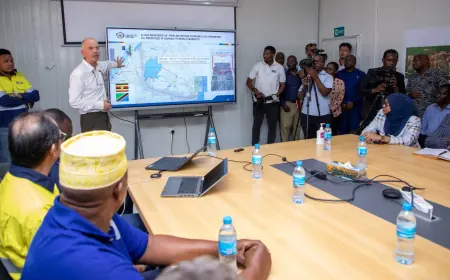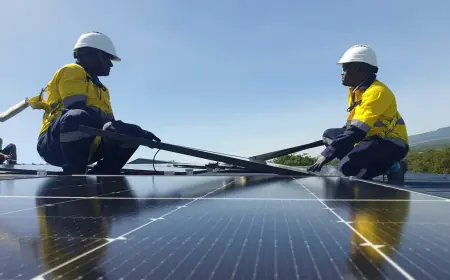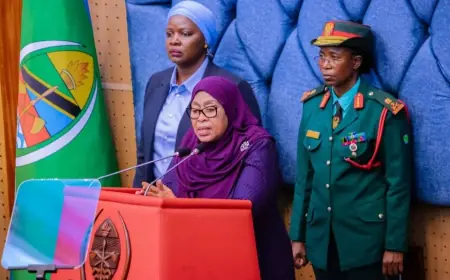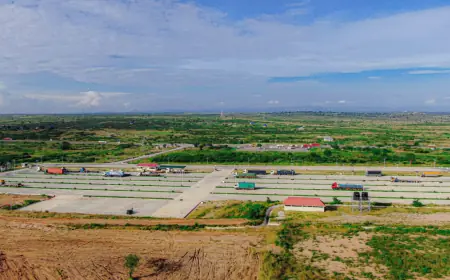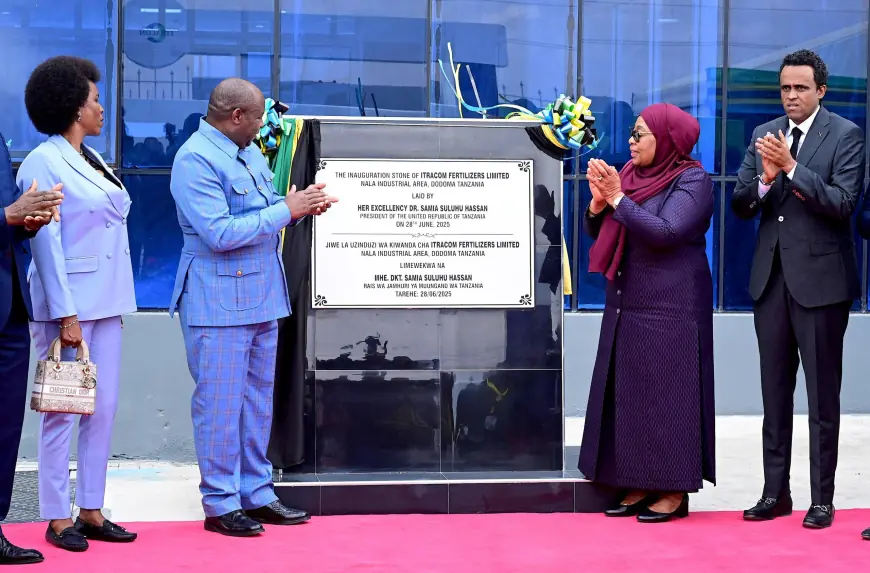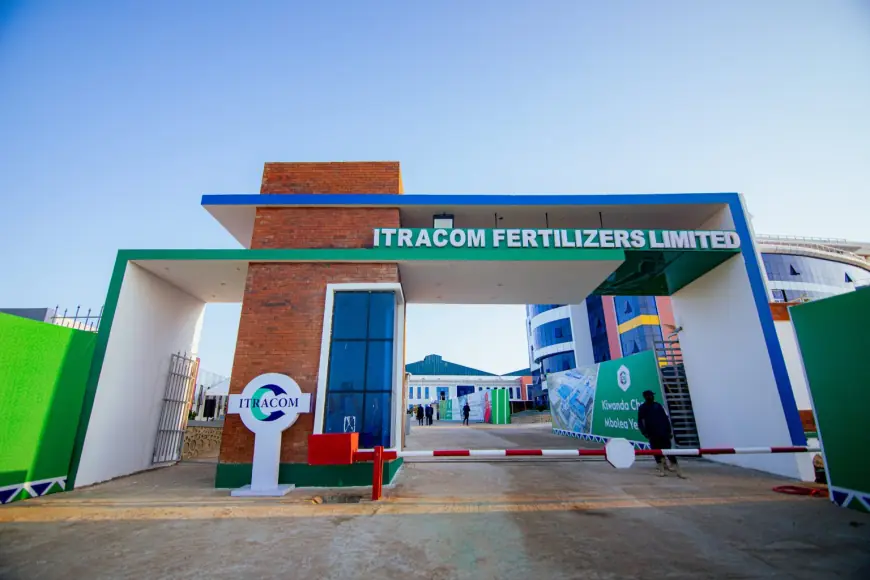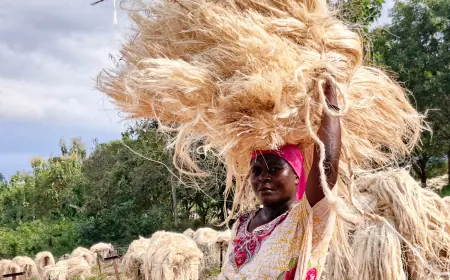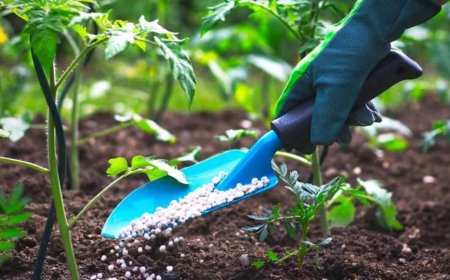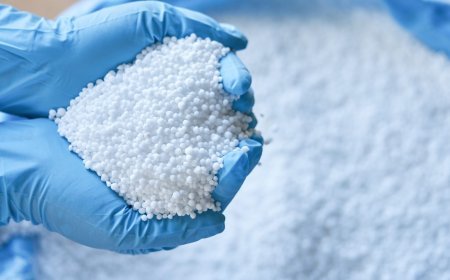New fertiliser plant adds momentum to Tanzania’s agricultural industrialisation drive
The ultra-modern facility, inaugurated on Saturday, June 28, 2025, by President Samia Suluhu Hassan and her Burundian counterpart, President Evariste Ndayishimiye, has a production capacity of one million tonnes per annum
Dodoma. Tanzania has added a significant asset to its fertiliser manufacturing sector with the official launch of the ITRACOM Fertiliser Factory in Nala, Dodoma.
The plant, inaugurated on Saturday, June 28, 2025, by President Samia Suluhu Hassan and her Burundian counterpart, President Evariste Ndayishimiye, is poised to elevate domestic fertiliser production and boost regional trade.
The ultra-modern facility, built through Burundian investment on Tanzanian soil, has a production capacity of one million tonnes per annum.
It has already created over 1,800 direct jobs and adds significant muscle to Tanzania's effort to reduce reliance on imported fertilisers, which have historically accounted for around 90 percent of the country's supply.
"This factory marks a new chapter in our journey towards agricultural self-reliance and regional industrial integration," said President Samia during the commissioning ceremony.
The event was marked by bilateral symbolism, as President Ndayishimiye praised the investment as a beacon of economic cooperation in a region once defined by instability.
34 fertiliser manufacturing plants
The ITRACOM facility brings the number of fertiliser manufacturing industries in Tanzania to 34, up from just 16 when President Samia assumed office.
These include a mix of large, medium, and small-scale plants that together have seen domestic fertiliser production nearly double from 84,696 metric tonnes in 2022/23 to 158,628 metric tonnes in 2023/24.
Located at the heart of the country, the Nala-based plant is strategically positioned to serve the Southern Highlands, which account for more than 60 percent of fertiliser usage nationwide.
Moreover, the plant is expected to bolster Tanzania's export capacity to regional markets including Zambia, Malawi, Rwanda, Burundi, the DRC, and Uganda, all of which have historically relied on the Dar es Salaam Port for fertiliser imports.
The establishment of ITRACOM aligns with national targets to increase domestic fertiliser production to meet at least 25 percent of the country’s needs by 2026.
Current figures indicate that only about 16.5 percent of rural households use inorganic fertilisers, with average application rates at 8-12 kg/ha—far below both the regional average and the Abuja Declaration target of 50 kg/ha.
To address these gaps, President Samia called upon ITRACOM and other stakeholders to establish strong rural distribution networks and intensify farmer education on appropriate fertiliser use.
Her directive included regional and local authorities, whom she urged to increase awareness of soil-specific and crop-specific fertiliser application.
"Access alone is not enough," she noted. "Farmers must be equipped with knowledge to use fertilisers effectively to boost productivity, ensure food security, and reduce poverty."
Attracting fertiliser manufacturers
Recent policy reforms have further enabled growth in the fertiliser industry.
Under the Tanzania Fertiliser Regulatory Authority (TFRA), licensing processes have been streamlined and dealer fees reduced, fostering a more conducive investment environment.
These measures, coupled with the government's input subsidy programmes, are helping to expand access while reducing costs.
The ITRACOM project is part of a broader fertiliser industrialisation agenda that includes other ventures such as the planned $1.2 billion fertiliser plant backed by Indonesia and the $1.3 billion natural gas-to-urea facility in Mtwara set for commissioning in 2029.
These investments leverage Tanzania's abundant reserves of natural gas, phosphate, lime, and gypsum, which remain underutilised.
According to TFRA and Ministry of Agriculture assessments, Tanzania's soils require over one million tonnes of fertilisers annually, of which the market currently supplies only about half.
The growing gap between soil nutrient needs and actual fertiliser consumption underscores the urgency of scaling up local production and strengthening the value chain.
The commissioning of the ITRACOM factory thus stands as a major milestone in Tanzania's quest to become self-sufficient in fertiliser production.
With enhanced infrastructure, increased manufacturing capacity, and strategic regional positioning, the country is now better poised to reduce input costs, stabilise supply, and contribute to broader agricultural transformation across East and Southern Africa.
What's Your Reaction?
 Like
0
Like
0
 Dislike
0
Dislike
0
 Love
0
Love
0
 Funny
0
Funny
0
 Angry
0
Angry
0
 Sad
0
Sad
0
 Wow
0
Wow
0
